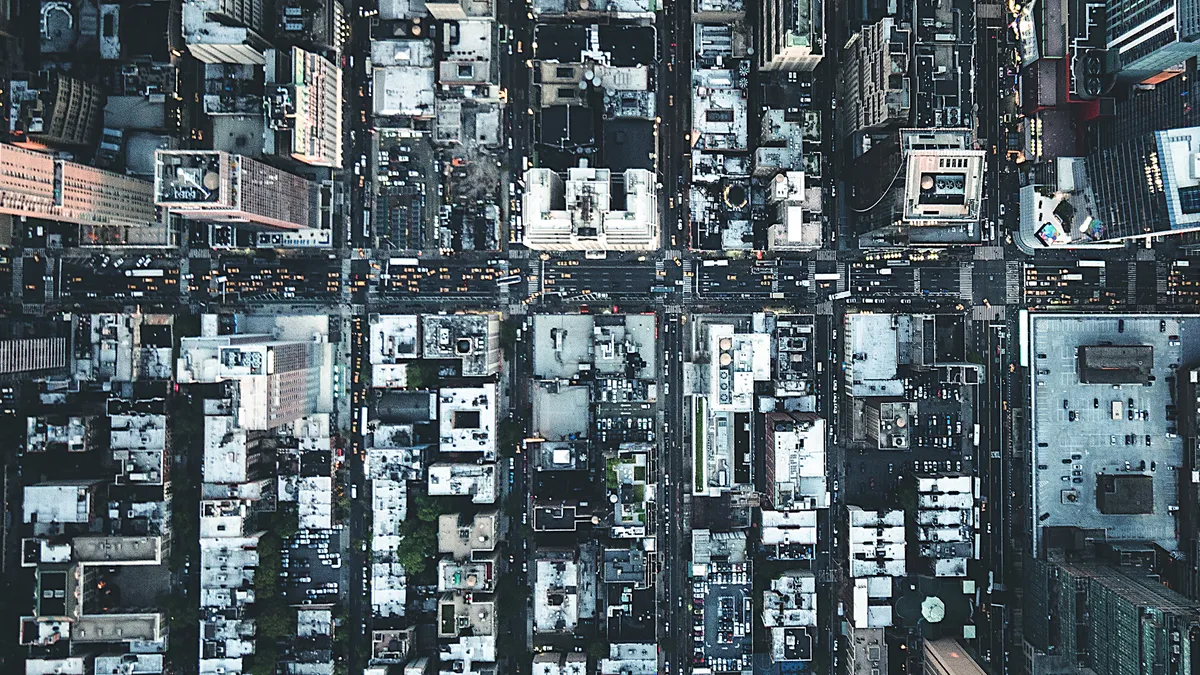UPDATE, Nov. 5, 2019: New York State Supreme Court Judge Lyle Frank has dismissed Uber's lawsuit to challenge New York City's licensing limitations on ride-hailing drivers.
In his decision, the judge wrote, "The cases cited by the plaintiffs are simply unavailing. The Court agrees with the City that these cases ... deal with instances where the executive went above what the legislature permitted them to do, or where there was simply no legislative action taken. Those cases are simply not on point."
"We’re disappointed that the TLC’s cap that punishes drivers who are forced to rent vehicles will remain in effect," an Uber spokesperson told Curbed in a statement.
This lawsuit was one of two that Uber filed against the city this year. In September, Uber also filed a suit to overturn limits on the amount of time drivers spend without passengers in their cars, known as deadheading
Dive Brief:
- Uber is suing New York City over the law it passed last August to regulate the ride-hailing industry. Specifically, the lawsuit addresses the legality of the cap on the number of ride-hailing drivers allowed to operate in the city, according to The Verge and others.
- The law had originally been for a 12-month pause on issuing new ride-hailing licenses while the industry is studied, but Uber's complaint notes that Mayor Bill de Blasio has indicated he will extend the cap or permanently leave it in place when the year-long period expires.
- In addition to claiming that the city is superseding state authority, Uber's lawsuit claims the city does not have evidence to back up its justification that the ride-hailing driver cap will reduce congestion.
Dive Insight:
The city reportedly implemented the regulations to get a handle on the ride-hailing industry, which has exploded in the past few years. The law came just after a widely-cited report claimed ride-hailing increases traffic rather than reducing it, and competes with public transportation. In December, the city also officially set the nation's first minimum wage for ride-hailing drivers, which went into effect at the beginning of this month and was part of the sweeping new regulations.
Congestion reduction is one of the main reasons the city used as justification for passing the ride-hailing regulations. It had promised to conduct research on the effects app-based ride-hailing services have on congestion. But Uber claims the research should have happened first before implementing restrictions, and that the city's claims that ride-hailing causes congestion are unfounded.
Uber's lawsuit came a day after Amazon announced it was canceling its plans to bring half of its second headquarters (HQ2) to Queens. Although the two incidents aren't directly related, many are drawing a parallel between them as an example of the city's unfavorable treatment of big businesses and the potential to deter companies in the future from coming to New York.












